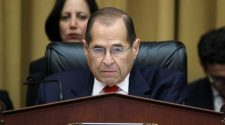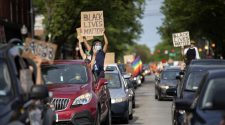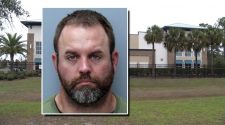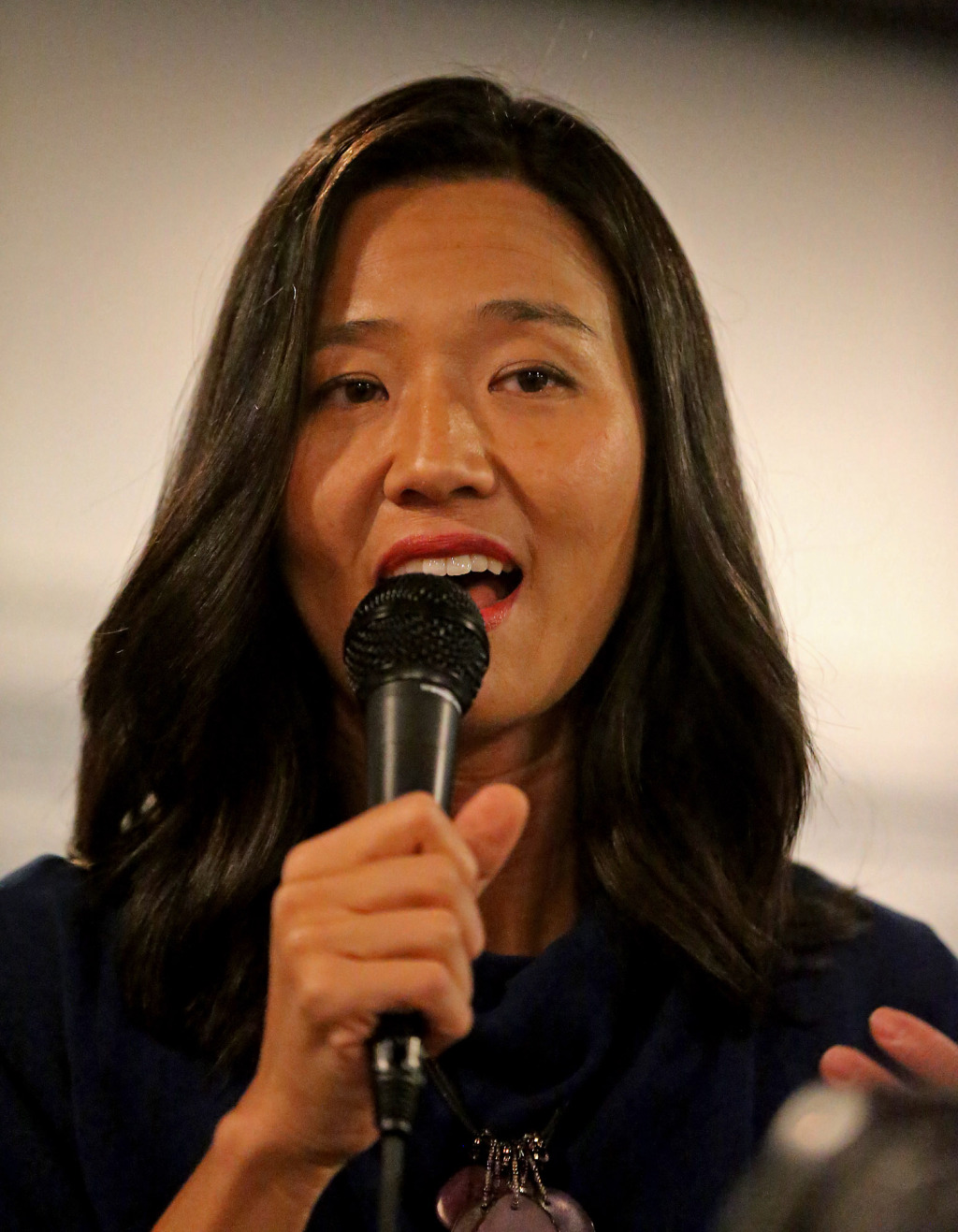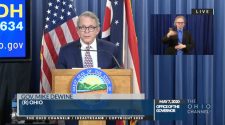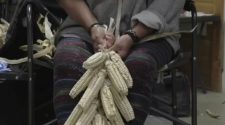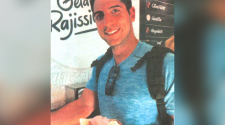Boston would become the largest U.S. city east of San Francisco to ban the use of facial-recognition technology by any city agency if a local law proposed by two city councilors is adopted.
“It would mean that the Boston city government, including Boston police and any other department, could not use any state surveillance system,” City Councilor-at-Large Michelle Wu said at a press briefing before a hearing that drew more than 100 people to weigh in on the proposal. “To be clear, Boston police already … have said that they do not use it today.”
The ban would prevent any city agency from using face surveillance software and ensure that people are not subject to unregulated, mass surveillance in public spaces, such as at protests like the ones that have roiled Boston and other cities since last month’s killing of George Floyd, an unarmed black man, at the hands of a white Minneapolis police officer.
The technology some police departments use when looking for suspects furthers racial inequity by identifying people of color at a higher rate, City Councilor Ricardo Arroyo said. Black women are 35% more likely than white men to be misclassified by the technology, he said.
“The reality is that face surveillance isn’t very effective,” Arroyo said.
Police Commissioner William G. Gross, who is black, said he would not consider using the technology unless it improves and residents have a say.
“Until the technology is 100%, I’m not interested in it,” Gross said. “It’s important that we also get input from the community that we serve.”
However, he added that “video has proven to be one of the most effective tools for collecting evidence of criminal offenses for solving crimes and locating missing and exploited individuals. Any prohibitions on these investigative tools, without a full understanding of potential uses under strict protocols, can be harmful and impede our ability to protect the public.”
Kade Crockford, Technology for Liberty program director at the ACLU of Massachusetts, said the ordinance sponsored by Wu and Arroyo would not prevent police from using video from cameras outside stores in the vicinity of a crime, for example, to try to find a suspect.
The ordinance would, though, prohibit police from taking photographs of people at a protest and having the Registry of Motor Vehicles try to find matches to identify them, Crockford said.
On Monday, IBM announced that it is getting out of the facial-recognition business over concern about how it can be used for mass surveillance and racial profiling.
In Massachusetts, Springfield, Cambridge, Northampton, Brookline and Somerville all have enacted prohibitions on local government use of the technology.

